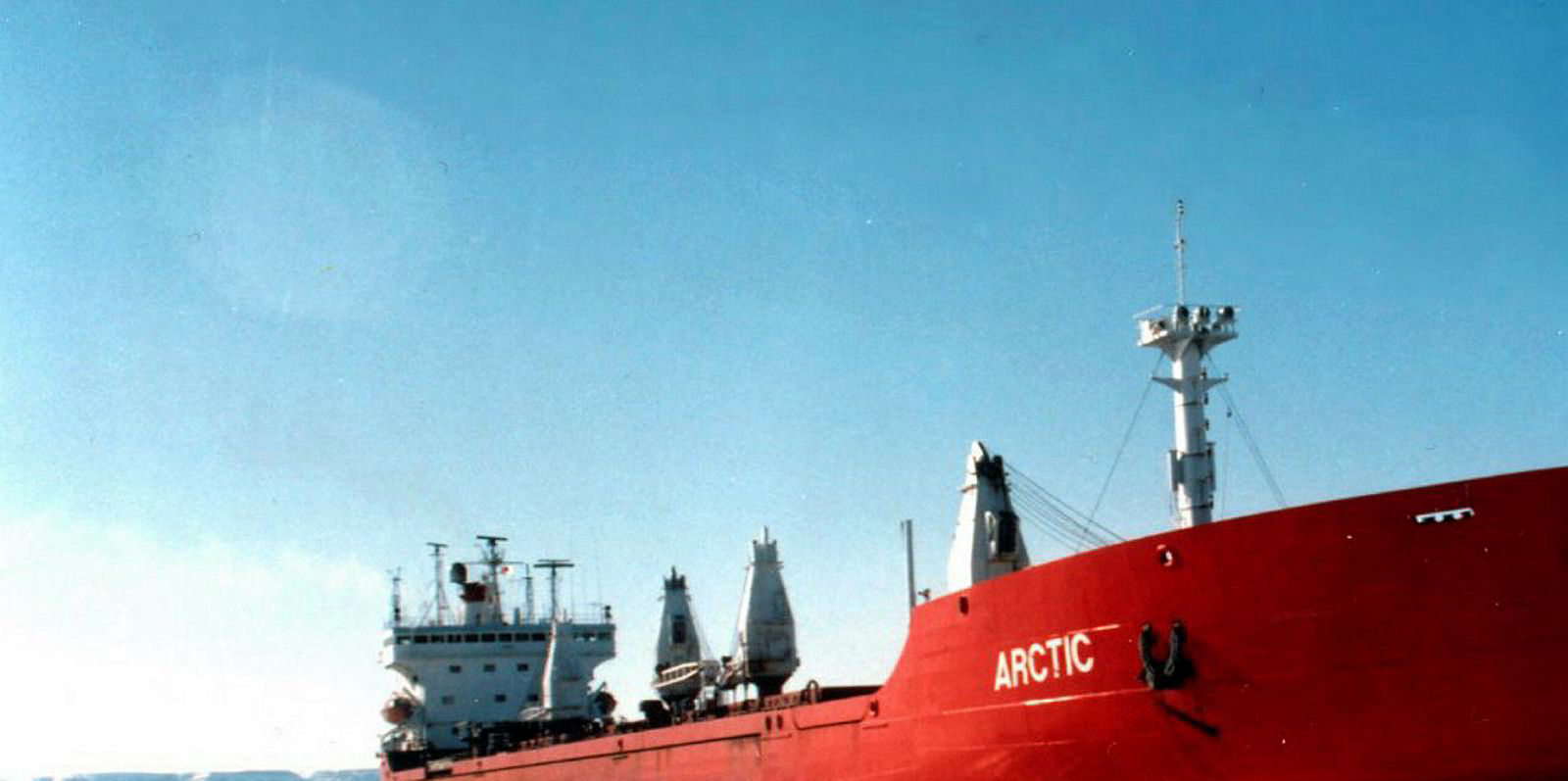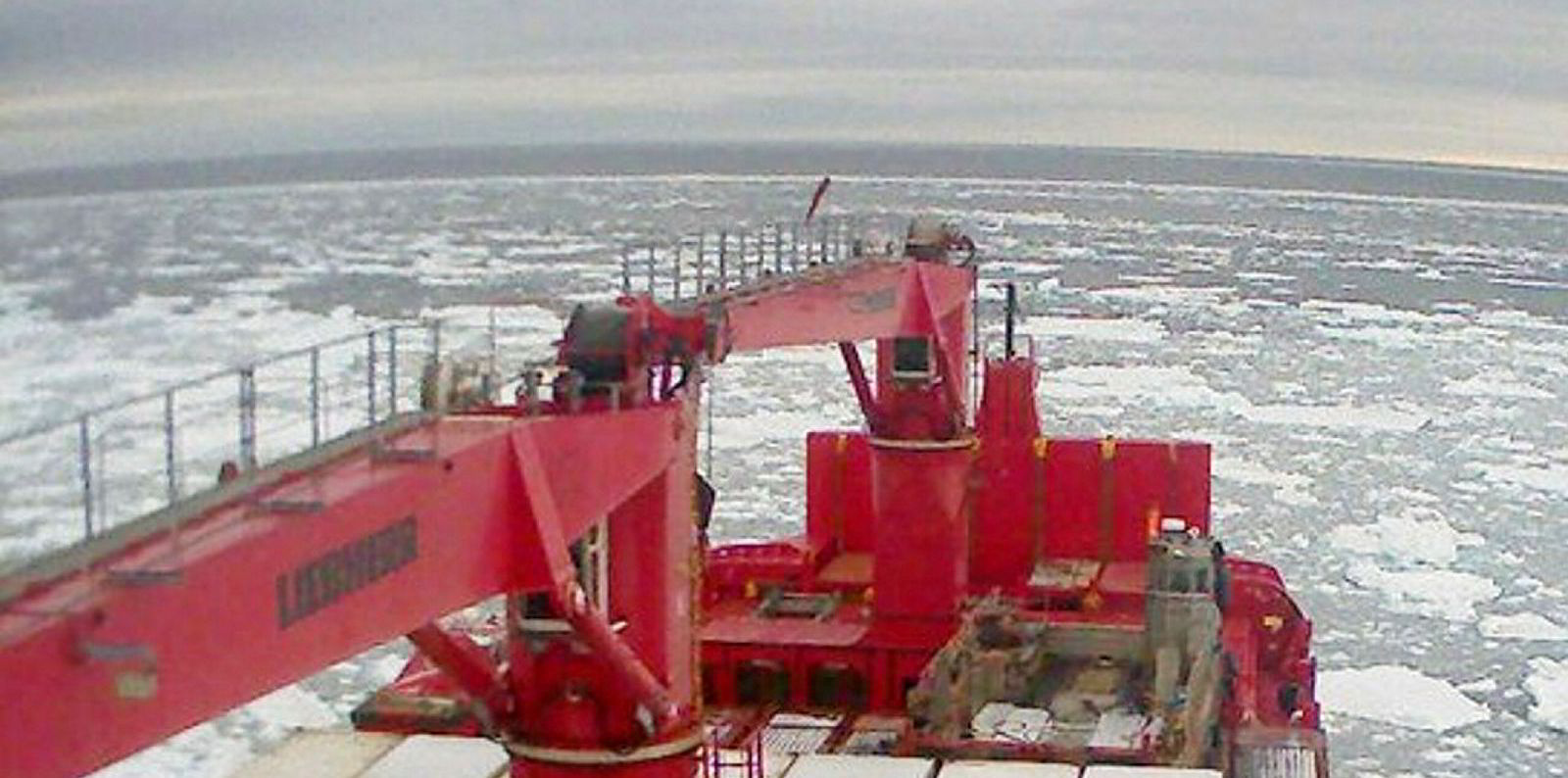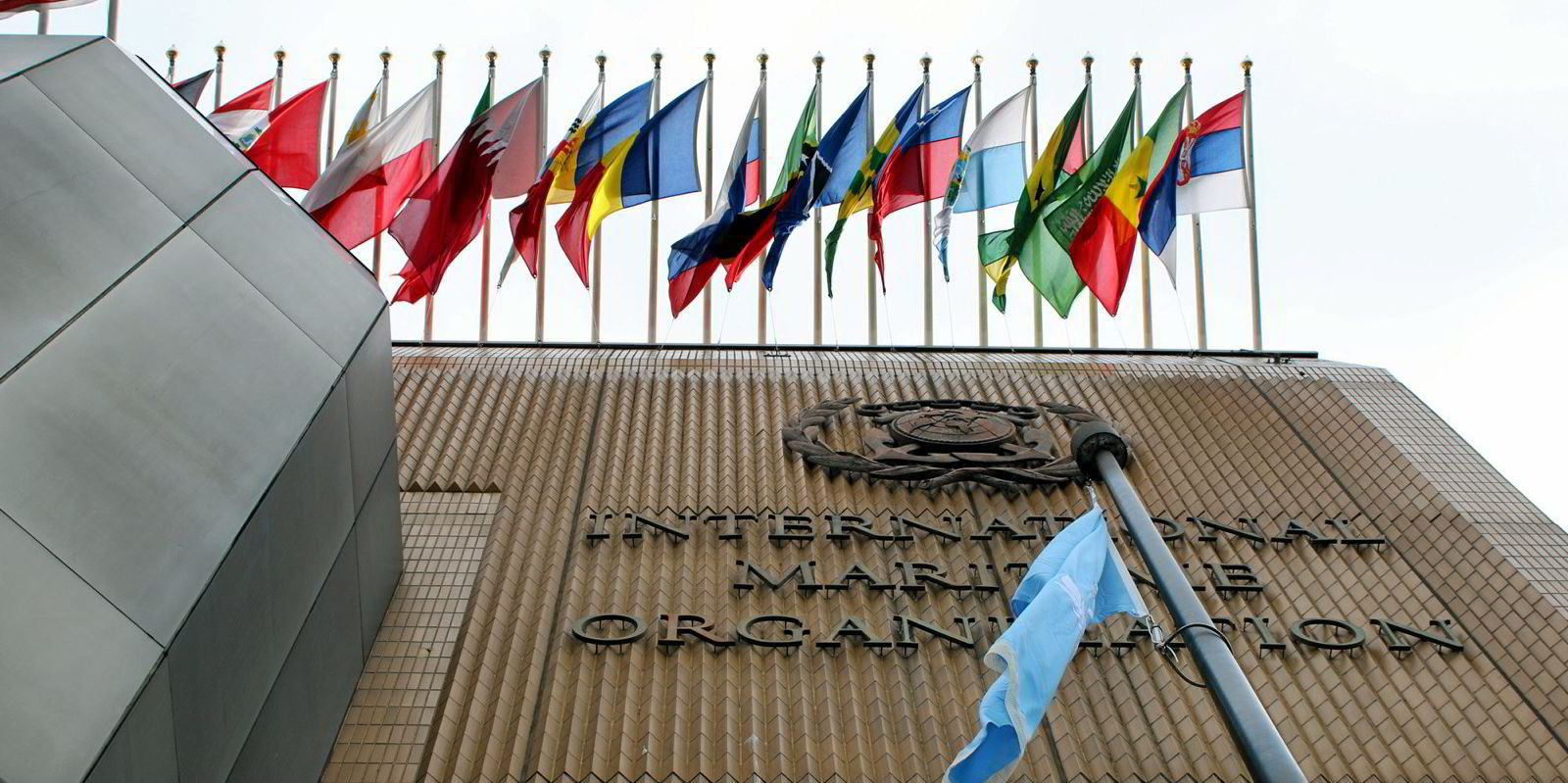Life lessons are often learned best from making mistakes, to understand what went wrong and to get it right the next time. It is how children learn to walk. They copy what they have seen, fall over, try again, fall over, and try again until they get it right.
The question is: Can the shipping industry learn from its mistakes?
The blunt answer on the use of heavy fuel oil (HFO) in Arctic waters being discussed this week at the International Maritime Organization appears to be no on the evidence of its action on carbon emissions — unless there is a collective decision to revisit childhood.
The discrepancy between shipping's efforts to cut greenhouse gas (GHG) emissions to prevent global ice sheets melting while increasing the use of northern sea routes through Arctic waters emitting black carbon that will help melt even more ice would seem blindingly obvious — but apparently it is not.
Exemptions and waivers
But the approach to the use of HFO in the Arctic and GHG emissions on display at the IMO’s Marine Environment Protection Committee (MEPC) this week embodies the problem that the shipping industry repeatedly fails to learn through its global regulator: it needs to engage meaningfully with environmental legislation rather than propose the weakest measures it hopes to get away with.
It is frustrating because the shipping industry rightfully says it needs global rather than regional measures to ensure its own level playing field, but it repeatedly waters down regulation and so invites local lawmakers to tighten their rules.
The very fact that northern sea routes are opening is proof of climate change, but shipping’s HFO response undermines the United Nations Convention on the Law of the Sea
The Clean Arctic Alliance is just one group warning that the IMO’s proposed ban on the use and carriage of HFO in the area risks being “not worth the paper it is written on”.
Loopholes in the draft regulation, through exemptions and waivers, mean the ban will not come fully into effect until mid-2029, by which time most of the ice may have disappeared according to some forecasts.
Analysis by the International Council on Clean Transportation claims the draft regulation would only reduce the use of HFO by 16% and the carriage of HFO as fuel by 30% when it takes effect in July 2024 — allowing 74% of Arctic shipping to continue with business as usual.
Rewriting the rules
When the ban becomes fully effective, the council predicts the amount of HFO used and carried is likely to rise as shipping in the Arctic increases. Newer ships will be able to take advantage of exemptions or change flag and seek a waiver from the ban.
What is the result? Well, for one, Norway is planning to go its own way and announce a total ban on HFO from all the waters around the Arctic island archipelago of Svalbard, up from just the national park area.
The MEPC also this week endorsed the proposals developed in October by the IMO’s working group on reducing GHG emissions.
Environmentalists argue that the measures, which include an Energy Efficiency Existing Ship Index (EEXI) and a Carbon Intensity Indicator (CII) to gauge their transport efficiency, would at best shave 1.3% from the business-as-usual growth pathway of 15% cuts by 2030.
Short-term measures
Even the Marshall Islands, home to the world’s third biggest shipping register, considers these to be short-term measures that should be rejected because they fail to reduce emissions before 2023, and will not set them on a pathway consistent with the Paris Agreement on climate change.
What is the result? Well, for one, the shipping director of Brussels-based thinktank Transport and Environment Faig Abbasov said that regional action in Europe will now be required to cut emissions. “Europe must now take responsibility and accelerate implementation of the Green Deal,” he said immediately after the vote.
In a sign of the times, Norway’s Supreme Court in the last few weeks heard a case brought by activists attempting to ban Europe’s biggest oil producer from exploring in the Arctic. Oil analysts think it is unlikely to uphold a ban, but legal experts say the decision could go either way.
The world is changing faster than the shipping industry. The very fact that northern sea routes are opening is proof of climate change, but shipping’s HFO response undermines the United Nations Convention on the Law of the Sea, the Arctic alliance claims.
If that is right, it is merely inviting regional regulators to take the laws of the seas into their own hands.







